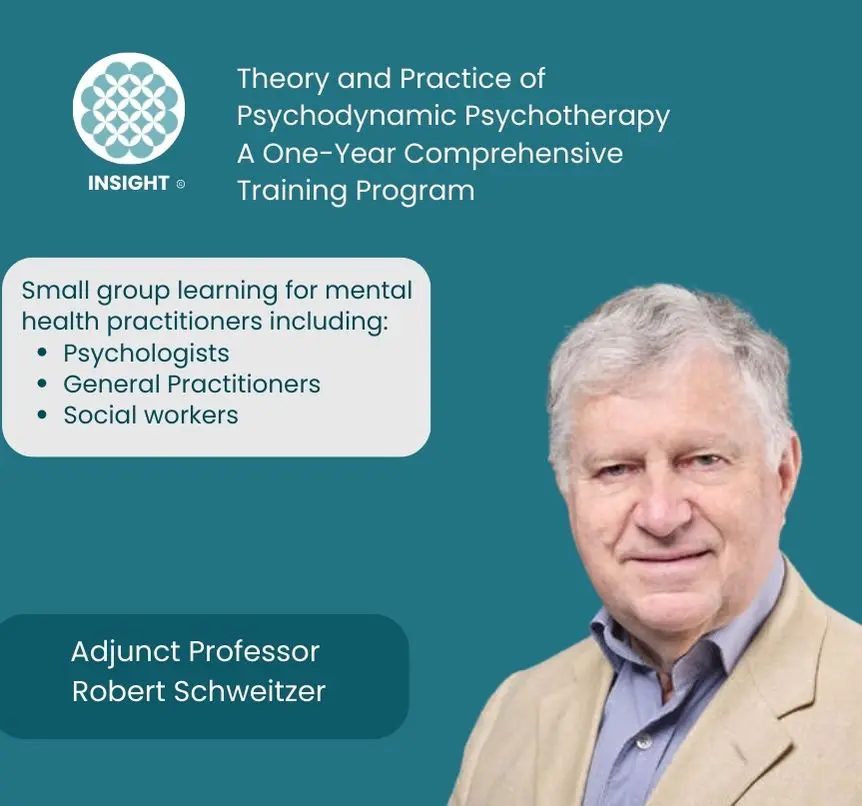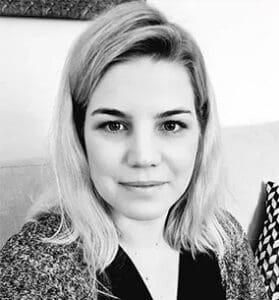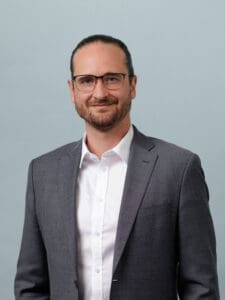INSIGHT
A flexible module based training program for experienced clinicians
Psychodynamic Psychotherapy Training
Features
This program is structured to allow participants to complete the overall program or choose and engage with individual modules based on their specific areas of interest or professional needs.
- Group supervision - Small group learning. (maximum 8)
- Theory integrated with case studies
- Collaborative and experiential learning
Certification:
Submit reflections to earn a Certificate of Attainment, meeting AHPRA's Active PD criteria
2025 Dates:
Module 1: 6 February to 27 March
Module 2: 24 April to 12 June
Module 3: 17 July to 4 September
Module 4: 2 October to 20 November
Time: 5.30 - 7.30 pm Brisbane time (AEST)


A One-Year Comprehensive Training Program
This one-year course is tailored for experienced practitioners seeking to deepen their understanding of contemporary psychodynamic psychotherapy and address a broad range of clinical presentations.
The program is structured to allow participants to choose and engage with individual modules based on their specific areas of interest or professional needs. This flexibility allows participants to tailor the program depending on individual goals.
Module 1: Theoretical Foundations
Explore key concepts like the unconscious, object relations, and intersubjectivity.
Module 2: Assessment & Techniques
Develop skills in psychodynamic assessment, transference, and therapeutic techniques.
Module 3: Brief Psychodynamic Approaches
Learn the CCRT method to address relational patterns in short-term therapy.
Module 4: Tailored Applications
Building on your expertise, this course strengthens your ability to assess, formulate, and treat, drawing upon a psychodynamic sensibility to address presentations including depression, anxiety, trauma, and personality vulnerabilities.
Adjunct Professor Robert Schweitzer
Research interests
- Phenomenological, qualitative and quantitative, clinical psychology
- Psychotherapy process and outcome
- Refugee related issues
- Global health, including Transcultural issues
- Schizophrenia - psychotherapeutic approaches
- Phenomenological psychology.
A list of publications by Professor Schweitzer can be found at:
Details
Facilitators
- Prof. Robert Schweitzer - Course Convenor
- Dr Rebecca Bargenquast
- Dr Michael Edwards
- Aaron Neaves
+ additional guest facilitators
Program Investment
Full Package
Complete 4-module program: $5,800 + GST
Save $800 compared to individual modules
Individual Modules
Per module: $1,650 + GST
Program Structure
- The program consists of four 8-week modules
- Small group format (maximum 8 participants)
- Flexible delivery: Choose online or in-person sessions
If you would like to enrol in the Psychodynamic Training or individual modules, please fill out the online registration form by clicking the link below.
The Theory and Practice of Psychodynamic Psychotherapy Program
The psychodynamic psychotherapy program offers a one-year course specifically designed for psychologists and other mental health practitioners who possess foundational experience in therapeutic practice.
For practitioners wishing to deepen their understanding of contemporary psychodynamic psychotherapy, this program offers a systematic introduction to the theory and practice of psychodynamic-informed therapeutic practice, including the philosophical foundations of a psychodynamic sensibility
Course Objectives
1. Explore modern psychodynamic theory foundations
2. Develop relational-psychodynamic therapy skills
3. Enhance psychodynamic assessment and formulation
4. Improve management of unconscious processes
5. Apply principles to diverse clinical cases
6. Increase self-awareness through case discussions
7. Address ethics from a relational perspective
Curriculum Highlights
- Historical and philosophical context of psychodynamic theory
- Essential clinical techniques
- Applications to various mental health conditions
- Theoretical study and experiential case discussions
- Optional supervised practice
Core Concepts
- Enhancing insight through immersion in theory and understanding unconscious processes
- Exploring therapeutic relationship dynamics
- Evidence-based techniques for common mental disorders
Outcomes
- Expert mentoring through group case presentations
- Supportive community of like-minded clinicians
- Fulfills professional development requirements
- Practical, evidence-based therapeutic skills
- Personal growth through self-reflection
- Enhanced understanding of countertransference
- Improved therapeutic relationships
Additional Supervision
Additional 6 supervision sessions offered to psychologists to cover annual AHPRA PD requirements.
Additional costs apply
Robert Schweitzer - Course Convener
Robert is an Adjunct Professor of Psychology at Queensland University of Technology, where he established the postgraduate program in clinical psychology with a strong psychodynamic focus. He maintains an active psychodynamic psychotherapy practice and supervises registrars. Robert has previously chaired the Queensland Psychology Board of Australia and published extensively in the areas of psychotherapy research, including transcultural psychology and treatment trials with serious mental illness. His current practice focusses upon clinical supervision and long term psychodynamic psychotherapy.
Dr Rebecca Bargenquast
Rebecca is a clinical psychologist and psychodynamic psychotherapist who runs a private practice in Brisbane. As part of her practice she offers psychological assessment and treatment for people experiencing a range of emotional and relational difficulties. She also provides clinical supervision to psychologists and other health professionals. Rebecca has a special interest in long-term, in-depth psychotherapy, the treatment of complex mental health difficulties, and therapy for perinatal mental health issues and parent-infant attachment issues.
Dr Michael Edwards
Michael is a practising senior consultant psychiatrist. He has three decades of experience in all aspects of clinical psychiatry. His PhD and subsequent work have focused on theoretical aspects of psychoanalysis and Continental Philosophy, and the dialogue between them. His contribution to the course aims to deepen clinician self-reflective capacity through a study of the often unacknowledged epistemological and ontological foundations of psychodynamic practice, as well as inviting us to “critique” our privileged positions as therapists. His current clinical work focuses on acute mental health problems and substance use issues. He is an accredited supervisor in basic and advanced psychotherapy training for psychiatry registrars. Michael will provide guest seminars.
Aaron Neaves
Aaron is a Clinical Psychologist and the Director of May Health, a private mental health company in South Australia. He chairs the South Australian section of the Psychoanalytically Oriented Psychologists Interest Group of the Australian Psychological Society. Aaron's practice is dedicated to psychodynamic psychotherapy, addressing a variety of conditions. He studies and supervises in the field, emphasising a collaborative learning atmosphere. As a co-host of 'Clinically Thinking', Aaron discusses broad topics in clinical psychology. Through the INSIGHT program, he hopes to facilitate the learning of the theory and practice of psychodynamic psychotherapy with fellow professionals.





